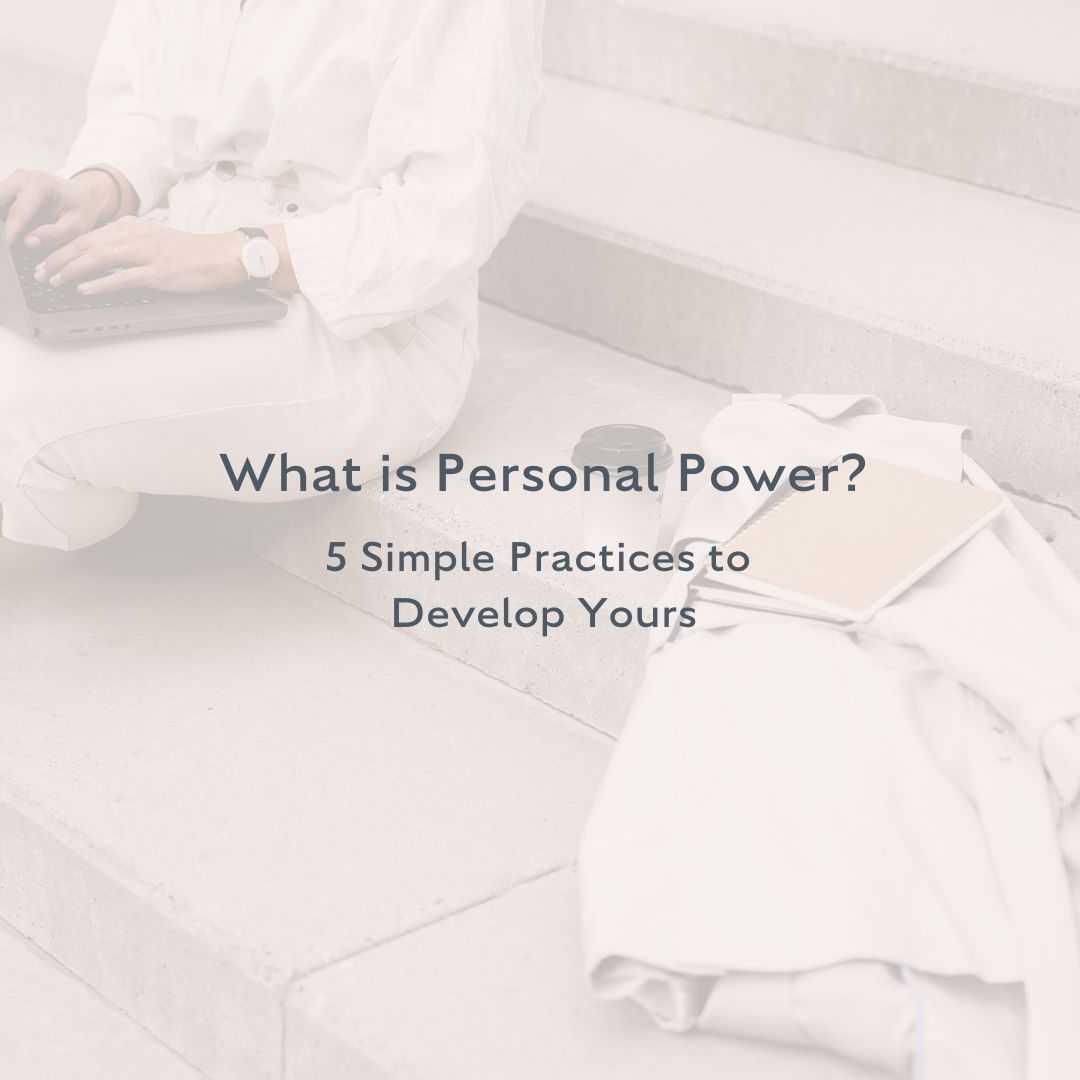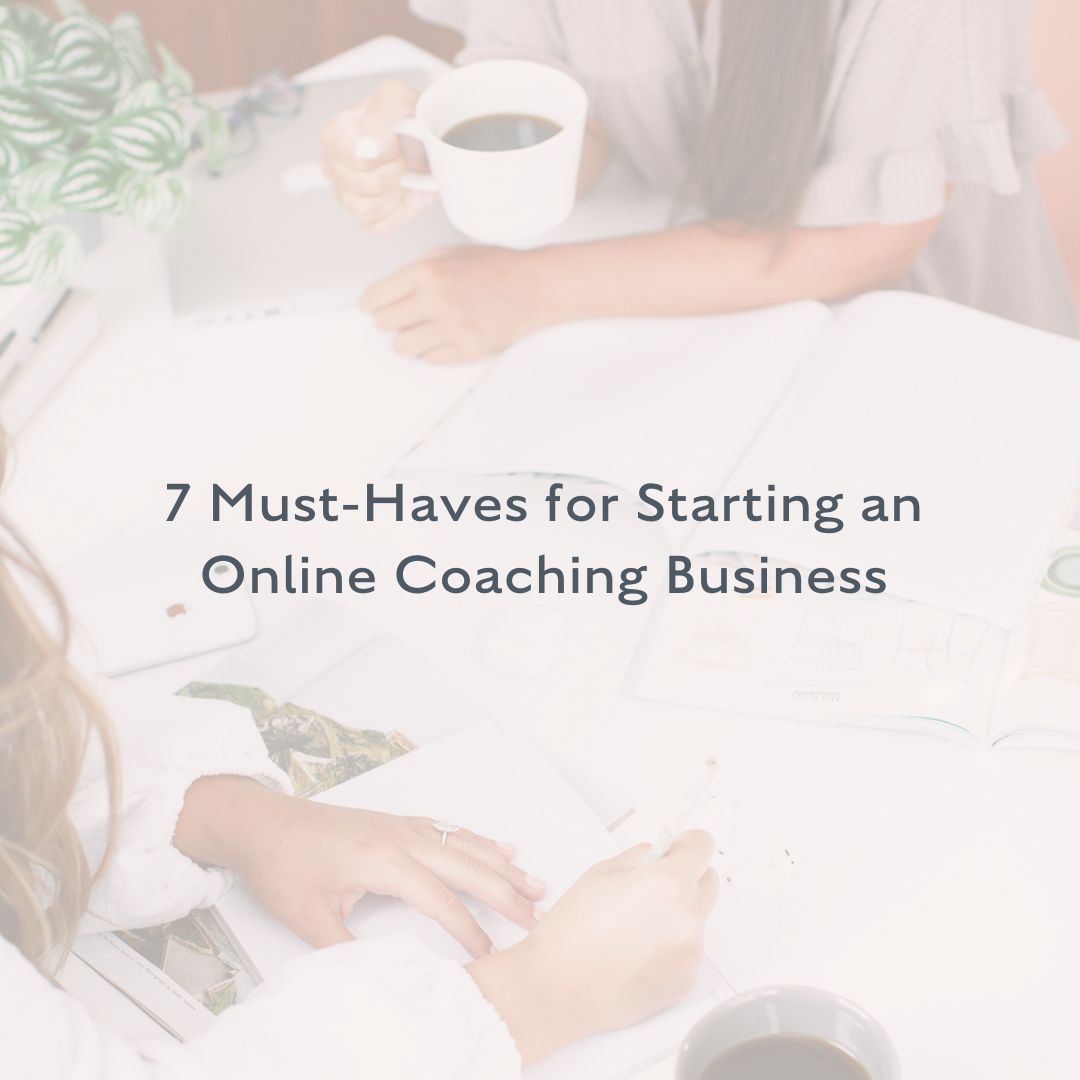
How to Develop A Growth Mindset for Business Success Step-By-Step
How to Develop A Growth Mindset for Business Success Step-By-Step
Table of Contents

Hey there! I’m Brenda Terry.
I’m a Mindset and Business Mentor and an NLP master coach trainer. I help you train your brain for success, break through mental and emotional blocks, reclaim your personal power, and take results-based action to finally get what you want in business and life.
Table of Contents
A GROWTH MINDSET FOR BUSINESS is essential
There’s nothing more invigorating for an aspiring entrepreneur than the idea of starting a business. It’s exciting to think about what it would be like to monetize their ideas, skills, and talents to build their very own companies. However, the challenge for would-be entrepreneurs is turning those ideas and skills into money-in-the-bank, successful businesses. Overcoming these challenges requires developing a growth mindset for business success. Period.
In this post, we’ll discuss the differences between a growth and a fixed mindset and the impact they can have on your business. You’ll also discover what steps to take to develop a growth mindset to supercharge your business and life. Ready? Let’s go!
The Underutilized Power of Mindset
Everybody is familiar with the term “mindset” and understands the significance of mindset on some level. Nevertheless, a lot of entrepreneurs deprioritize mindset work or dismiss it altogether. This is especially true at the onset of their entrepreneurial journeys.
Oftentimes, when people actually embrace the critical value of mindset work, they tend to lump various types of mindsets together. Those mindset generalizations lead them to apply a one-size-fits-all approach when they set out to achieve what they want. The result can leave them feeling like they missed the mark and somehow got it wrong.
A one-size-fits-all mindset approach doesn’t work because the mindset for a positive life doesn’t have all the elements of the mindset necessary for sustainable business success and vice versa. Ultimately, being aware of the difference between a growth and a fixed mindset is the first step in developing a mindset that works in your business.
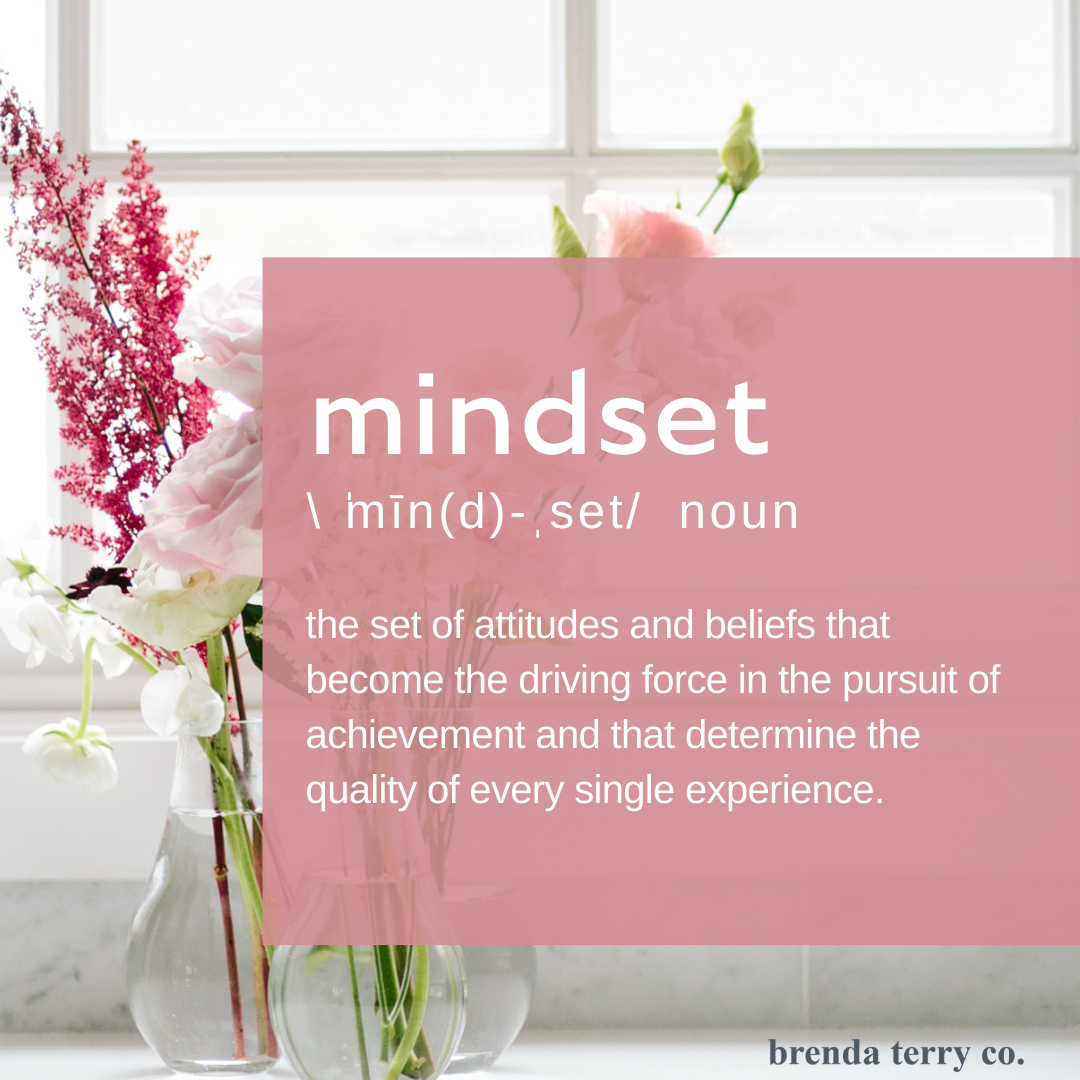
A Fixed Mindset vs. A Growth Mindset
Until recently, scientific research indicated that our brains stop developing in childhood. However, further research tells us that our brains are malleable, coachable, and constantly evolving. Research on brain plasticity shows how behavior, experience, and learning affect neural function.
Furthermore, we can use all those learning experiences to update and upgrade our focus, beliefs, resources, and ability to learn. More and more research findings support the notion that what you can achieve far exceeds the gifts and talents you were born with or have inherited. The decision you need to make is whether or not to embrace a thinking system that empowers you to change for the better.
Dr. Carol Dweck from Stanford University coined the terms fixed mindset and growth mindset to describe people’s underlying beliefs about learning and intelligence.
In her research, Dr. Dweck set out to understand the link between mindsets and achievement. Her findings showed that when it comes to beliefs about intelligence or ability, people fall into one of two categories:
- A growth mindset is the result of people believing they are capable of improving their intelligence and ability through effort and learning
- A fixed mindset is the result of people believing that their intelligence and ability are fixed and static.
The Impact of a Fixed Mindset
People with a fixed mindset tend to believe their level of intelligence and abilities are innate and unchanging. When it comes to smarts and talents, they often feel like they got the short end of the stick. In their mind, they lack the resources to achieve the personal growth they want. It’s as if that growth is beyond their control, and they’re all out of luck.
Consequently, they live life trying to compensate for their perceived shortcomings, often working hard to prove themselves to others. Overtime, impostor syndrome, low self-worth, and fear of making mistakes keep them stuck and prevent them from learning what they need to learn to succeed.
For entrepreneurs, this could translate into analysis paralysis, lack of flexibility, and inconsistency, all leading to lackluster results. And those results can intensify a fixed mindset, creating a disempowerment loop that makes success almost impossible for an entrepreneur.
The Impact of a Growth Mindset
Everything is different for people with a growth mindset. Growth mindset folks understand that lack of knowledge, understanding, or ability are temporary setbacks and opportunities for improvement. In their world, failure is nonexistent because everything is about the process.
Dr. Dweck states that in a growth mindset, “students understand that their talents and abilities can be developed through effort, good teaching, and persistence.” The same can be said about entrepreneurs.
For entrepreneurs with a growth mindset, everything is in flux. They measure progress by the data they collect in the form of improvement. As business leaders, they’re eager to explore and discover. Innovation, focus, and the ability to grow are generally leading the way. They usually ask “how?” not “if.”
A growth mindset creates the opportunity for self-belief, and self-belief always leads to increased confidence. And when an entrepreneur feels confident, it’s easier to take action. The more action you take, the faster you achieve results, and the more exciting learning becomes. The constant focus on learning and improvement fuels a growth mindset and creates an empowerment loop that makes success certain and exponential.
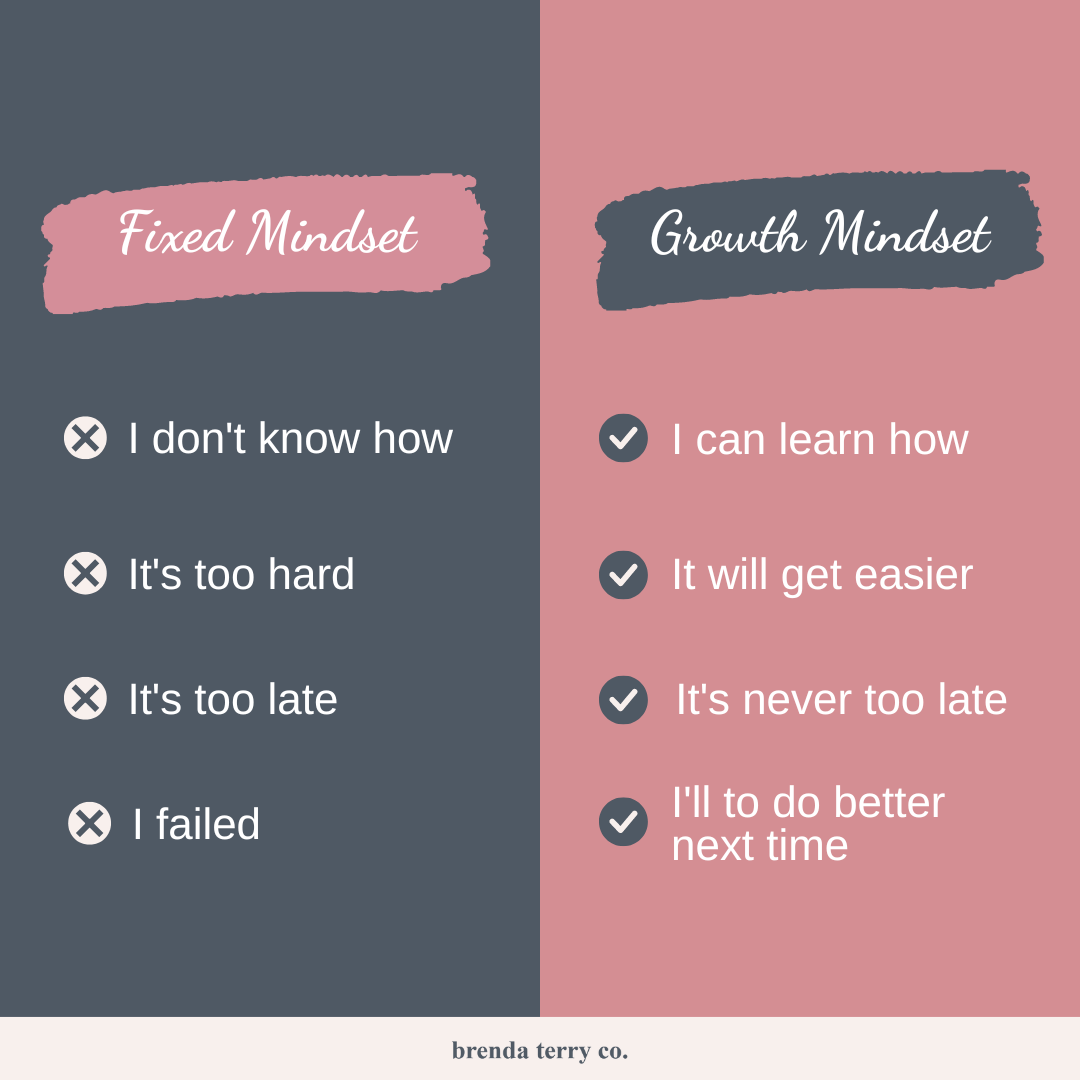
Brain Entrainment for Growth Mindset Development
All learning behavior and change are unconscious, meaning that for any new pattern, belief, or behavior to stick, it must be integrated unconsciously. And how you know a pattern, belief, or behavior is integrated is when you do it automatically. In essence, you don’t have to think about it to do it because the new behavior is just a part of who you are.
The ability to integrate new information is what makes you and your brain so powerful. You can teach your brain to accept that change is possible. Moreover, you can teach your brain how through that change, you can overcome any challenges.
Ultimately, you have the resources to give your brain a valuable education and the opportunity for game-changing insights. In doing so, you can reinforce improved beliefs within yourself. The more you reinforce the improved beliefs, the more resourceful you become. That reinforcement is what leads to personal breakthroughs and exponential results.
Here are 5 Steps to Train Your Brain for A Growth Mindset
- Identify an area for improvement that feels challenging but manageable and will support your business goals.
- Develop an action plan that you can commit to and that will support you in making the improvement in step 1.
- Implement the action plan consistently because your brain needs repetition to integrate new patterns, beliefs, and behaviors.
- Activate positive states consistently to feel good preemptively and on command.
- Measure progress, make improvements, and reject the notion of perfection.
As you train your brain for personal growth, developing a growth mindset will be part of your evolution and elevate your path to success and achievement.
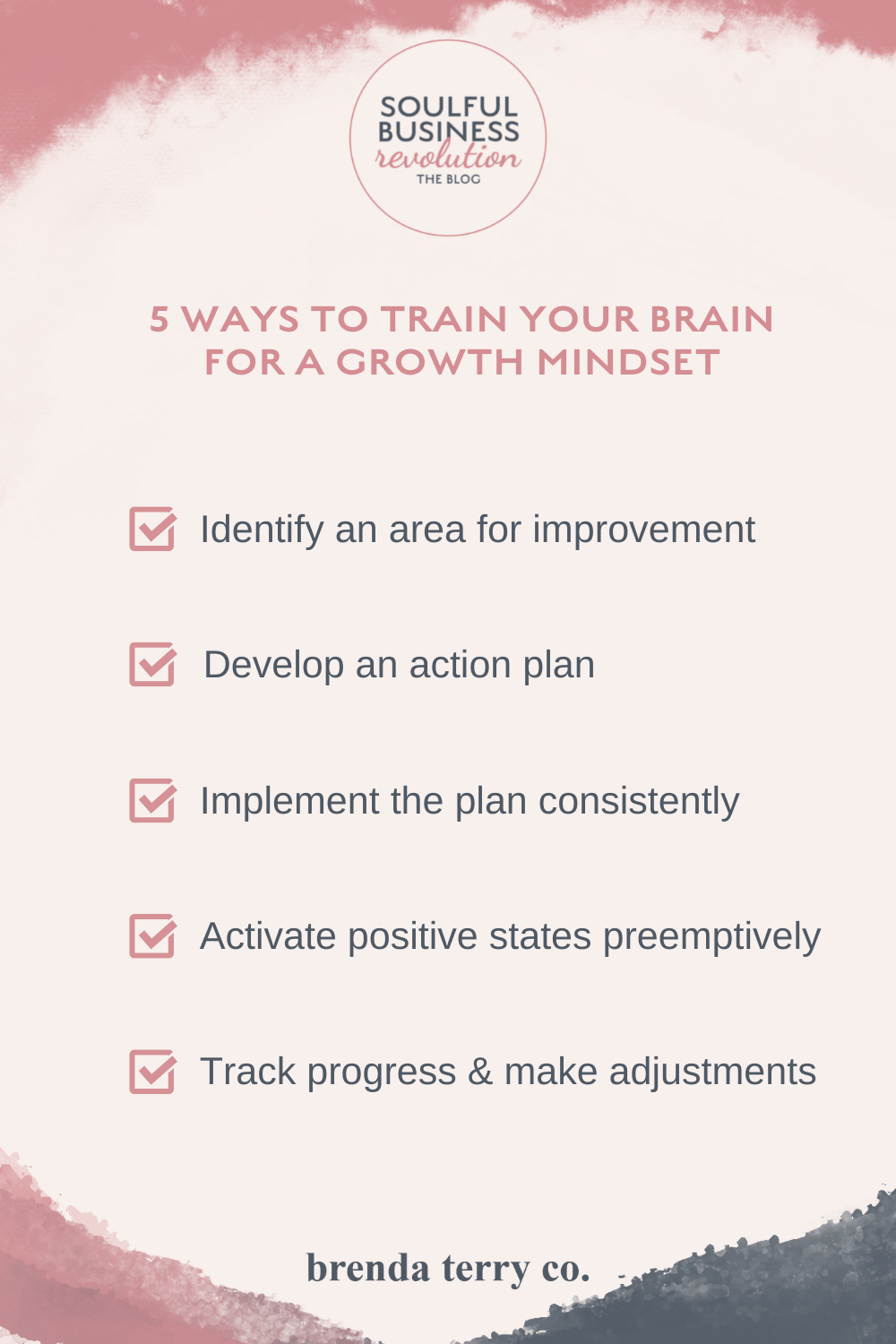
11 Steps to Develop a Growth Mindset for Business Success
Below is a formula for success in business and life. You have the means to create what you want by focusing on the process and being open to learning without judgment. The keys to your version of the kingdom are in your hands.
1. You Must Believe in yourself.
You are the creator of your reality, and at the core of your creation is what you believe about yourself. Social constructs are powerful and often disempower us. We’ve been conditioned out of our personal power, but with awareness, you can learn to take that power back.
Ultimately, learning to believe in yourself is an exercise in training your brain to believe in you. It’s as practical as that. Besides feeling generally good, the big business benefits of believing in yourself are achievement, success, and the manifestation of your goals and dreams.
Not believing in yourself also comes with consequences. People who don’t believe in themselves are more likely to stay stuck. not change or take action. Their expectations are lower, and their fear of failure can become a self-fulfilling prophecy.
2. You Must Believe in your business.
It takes courage to step out of your comfort zone and do anything outside of what you know. The same applies to running a business. A growth mindset is how you get that courage.
When you can experience your business as a living, breathing being, you may find it easier to nurture it and give it the energy and focus it needs to grow. Consequently, as you look deeper, you may discover that your business is an extension of yourself. Believing in it is another way of believing in you.
3. Let your purpose lead the way.
Research shows that money can motivate an entrepreneur to develop the skills to build a successful business, but it isn’t enough to keep the entrepreneur on track. It appears money alone is simply not that compelling to the soul. For businesses to thrive, they must deliver something more.
The way to a satisfying business experience is through meaning and purpose. And tapping into the meaning behind your business happens when you keep your why at the forefront. When you do, your why can help you focus your energy, thoughts, and action throughout your entrepreneurial journey.
Serving your purpose will support you in staying motivated and inspired as you put in the work required to see those powerful initial results. Additionally, focusing on serving your purpose creates an opportunity to redefine success so that your business adds to your self-worth, not just your net worth.
The bottom line is that your bigger-than-money purpose will continue to stoke the fire, and the financial rewards become a natural part of the process.
4. Embrace the power of ‘Yet’.
In Carol Dweck’s TED Talk, she invites people to apply the concept of “yet” to their achievements. “Yet” is a linguistic presupposition of time that has been taught in NLP since its inception. And “yet” can profoundly affect how we perceive progress.
Take, for example: “I haven’t learned how.” vs. “I haven’t learned how yet.”
The word “yet” takes the edge off. It makes the learning feel more manageable. It lets the brain know that more information is available and to seek it.
There is a lot to learn and do to run a successful business, which can be overwhelming. Entrepreneurs are always racing against deadlines, and the “yet” can offer a fresh perspective and a sigh of relief. In the end, there is no “done” for entrepreneurs, only a “yet.”
5. Develop a growth mindset practice.
Your mindset will undoubtedly determine the quality of your results. The beauty of your mindset is that developing it is completely within your control. When you embrace cultivating a growth mindset, you will find ways to explore the possibilities.
The first step in developing a mindset that serves you is becoming self-aware. This means getting up close and personal with your thinking, your emotions, your beliefs, your behaviors, and your expectations. With awareness comes more choices and the opportunity to learn and grow.
Eventually, your awareness, learning, and growth will create an external world that reflects your improved mindset.
6. Focus on intrinsic rewards
Intrinsic rewards are internal rewards resulting from things like learning, completing tasks or projects, and bringing ideas to fruition. These rewards are mostly psychological and based on your effort and abilities. Intrinsic rewards trigger positive states and fuel the motivation to improve and make lasting change.
Intrinsic rewards include feelings of accomplishment, pride in your work, and learning something new. Much like embracing the power of “yet,” intrinsic rewards take winning to a level that bottom-line results cannot accomplish.
7. Set business goals that support your personal growth.
Focus on setting goals that, along with growing your business, also allow you to grow personally. Choose goals to help you develop the habits that will serve you in every aspect of your life.
For example, the discipline that comes from consistently implementing your marketing strategy can impact how you incorporate discipline into your eating habits or mindfulness practice. The key is to have a clear vision for what you want to achieve and set the goals that will help you achieve that vision while improving the overall quality of your life.
8. Reframe obstacles and challenges.
It’s important to remember that obstacles are a part of making progress. No obstacles in the ways indicate a person is not growing or making progress. Reframe obstacles and challenges as opportunities for growth and learning. They are tools that will serve you for the rest of your life.
And while we can all love a challenge, it pays to be mindful of negative focus because negative focus and obstacles go hand-in-hand. This is just how your brains work — what you focus on expands.
To be better equipped to overcome challenges, focus on balancing awareness and optimism, and practice getting into positive states preemptively.
9. Take consistent action.
To develop a growth mindset, taking consistent action must be a priority. You can train your brain to embrace your improved mindset by doing the focus work to create and implement a plan. The momentum will grow, and the rewards will be bountiful.
Consistency breeds consistency. Additionally, consistency teaches your brain what’s important to you and directs energy to those endeavors. The more consistent you are, the easier it will be for you to do those things that move the needle in your business.
Conversely, taking inconsistent action leads to inertia and exhaustion. Either way, you’re investing energy, but taking consistent action is what trains your brain for actual improvement.
10. Commit to your success.
You’ve heard the old adage that everybody would be doing it if it was easy. This is absolutely true. The problem with a lot of business owners is that they haven’t internalized that challenges are part of the journey. And those challenges are fertile soil for them to grow and for their businesses to thrive.
Most of the time, challenges point to a need for more knowledge, support, and tools to make the improvements their businesses require. And sometimes, all they need is time for the work they’ve already put in to yield results.
When you’re in it for the long haul, the question to ask yourself is “how?” not “if.”
11. Practice patience.
Building a business is demanding. Most business owners spend long hours getting their businesses off the ground. And after making big investments and big sacrifices, it’s reasonable to expect big results fast. And, without those results, it’s easy to believe something is wrong and lose the motivation to keep going.
Contrary to popular belief (or hope), sustainable business success is slow initially. Sometimes the growth is so slow that it feels like you’re watching grass grow. The thing is, grass does grow. It just needs fertile soil, water, and sunlight.
For eager entrepreneurs, the most challenging to master by far is patience. We want results yesterday. We often give in to shiny objects and “secret formulas” at the expense of real, sustainable growth. Our desire to want it all now can keep us in solution-seeking patterns that separate us from the success we’re after.
Patience is a practice. And consistency infused with patience can lead to insights you couldn’t have otherwise. Remember, growth is usually slow initially, but you will build momentum as you implement what you learn. In the end, steady growth compounds, and your results will be evidence of all that growth.
Make Mindset Development the Ultimate Goal
Now you know the value of having an empowering mindset and what you can do to achieve it. When you follow the steps above, developing your mindset will become comfortable and familiar. You’ll be able to incorporate mindset practices into your daily routine and benefit from those practices for the rest of your life.
Sign up for this free training to learn more about the mindset and strategy to build a sustainable, profitable 6-figure business.
Table of Contents

Hey there!
I'm Brenda Terry
I'm a Mindset and Business Mentor and an NLP master coach trainer. I help you train your brain for success, break through mental and emotional blocks, reclaim your personal power, and take results-based action to finally get what you want in business and life.
This blog is where I share my insights, tips, and strategies for personal growth, mindset mastery, and business success. My goal is to empower you to reach your full potential and create a life of purpose, passion, and abundance.

Hey there!
I'm Brenda Terry
I'm a Mindset and Business Mentor and an NLP master coach trainer. I help you train your brain for success, break through mental and emotional blocks, reclaim your personal power, and take results-based action to finally get what you want in business and life.
This blog is where I share my insights, tips, and strategies for personal growth, mindset mastery, and business success. My goal is to empower you to reach your full potential and create a life of purpose, passion, and abundance.

